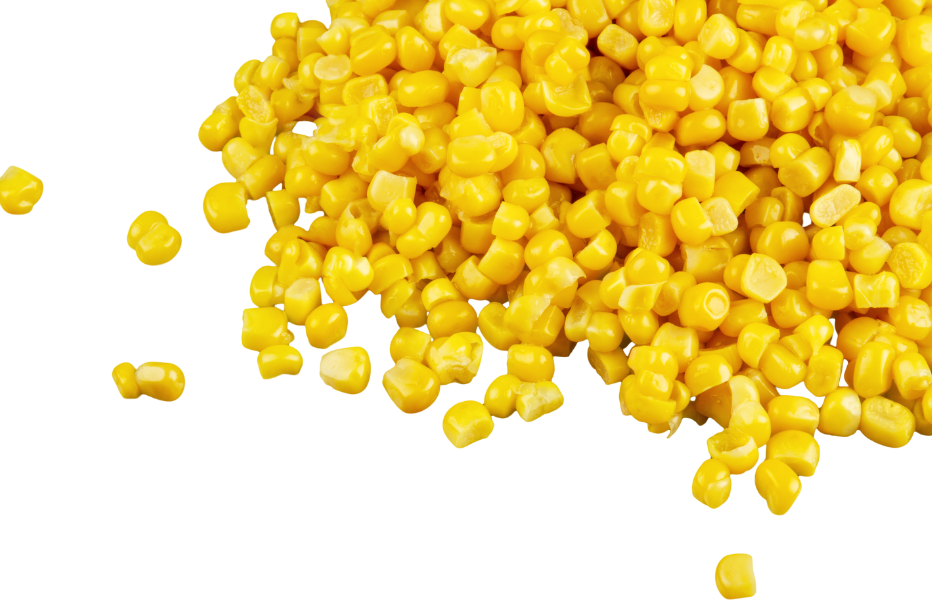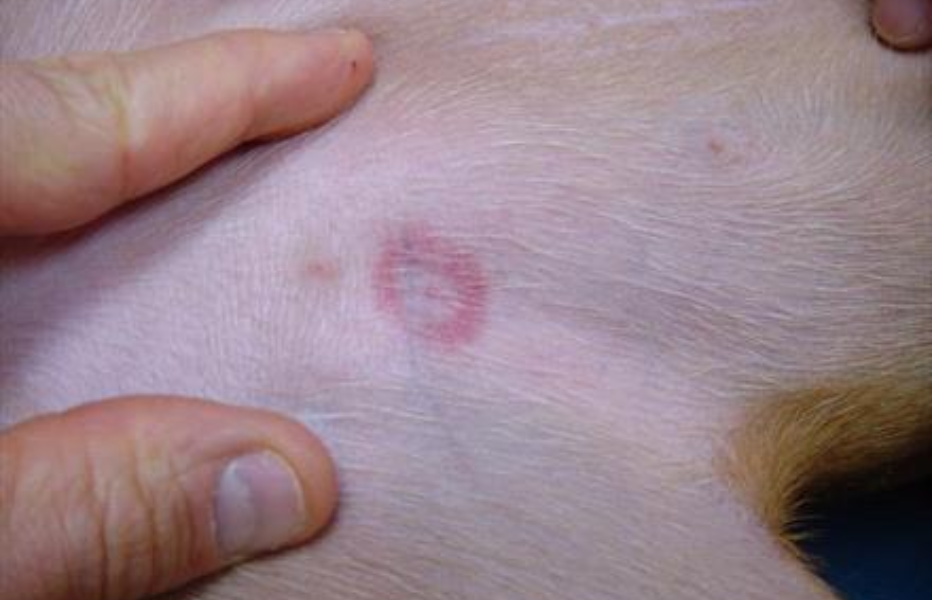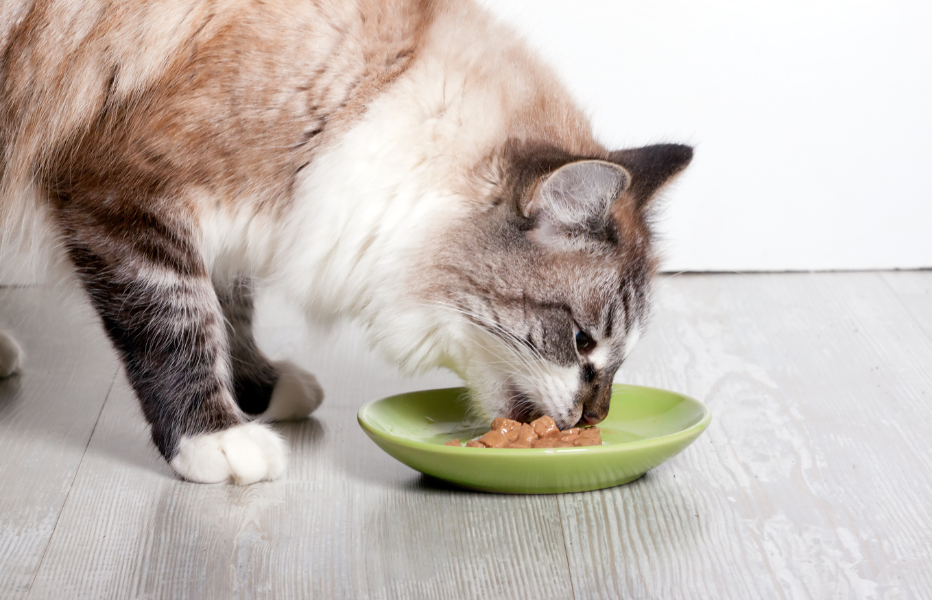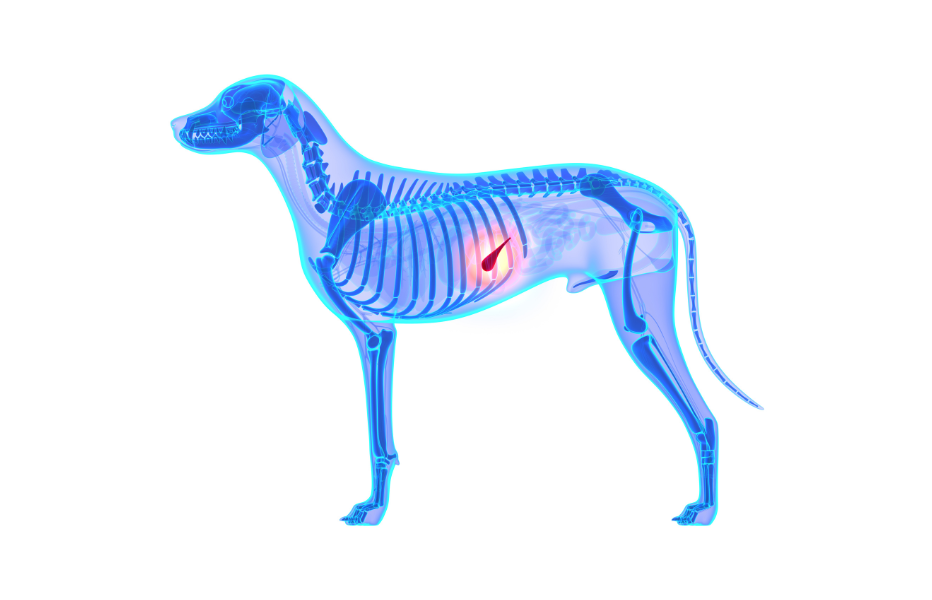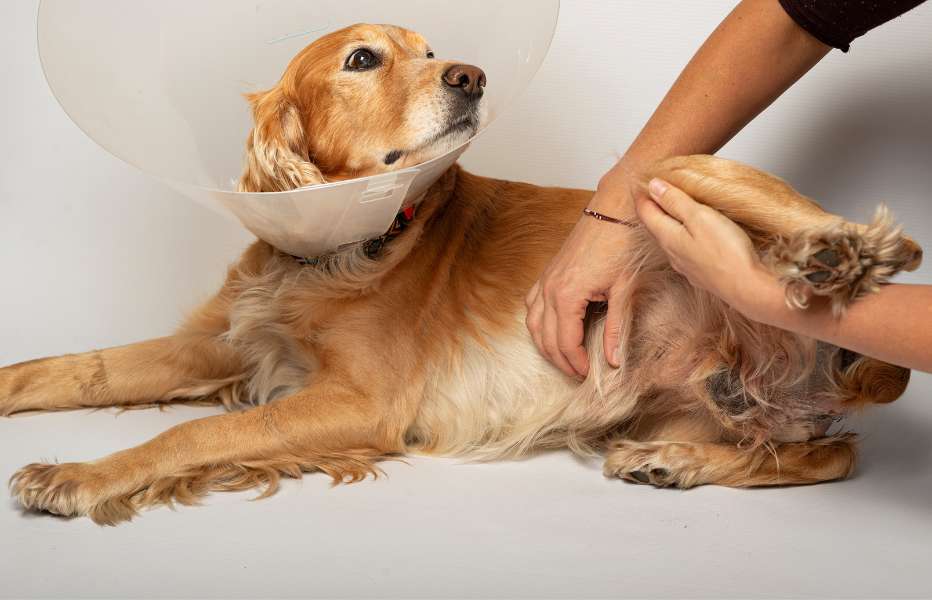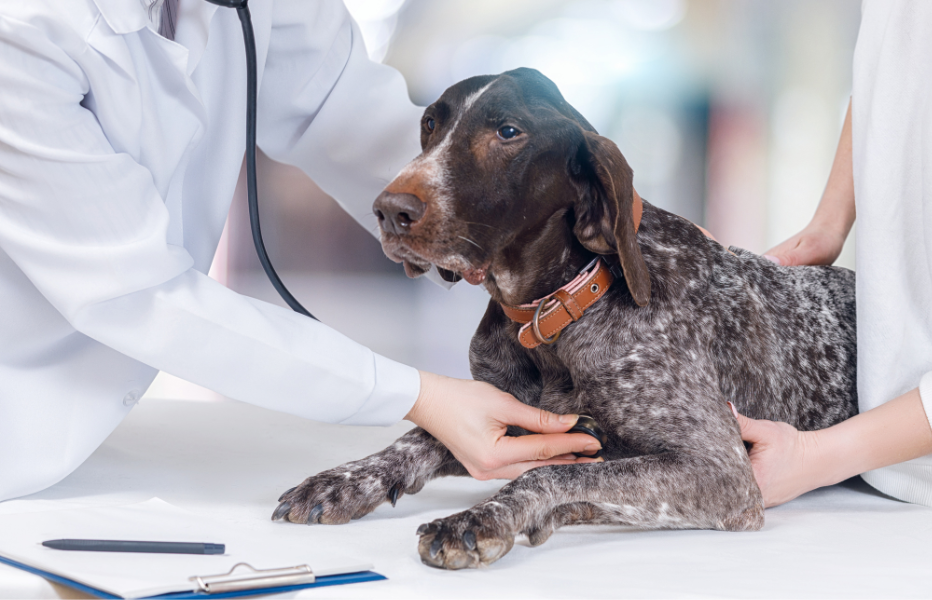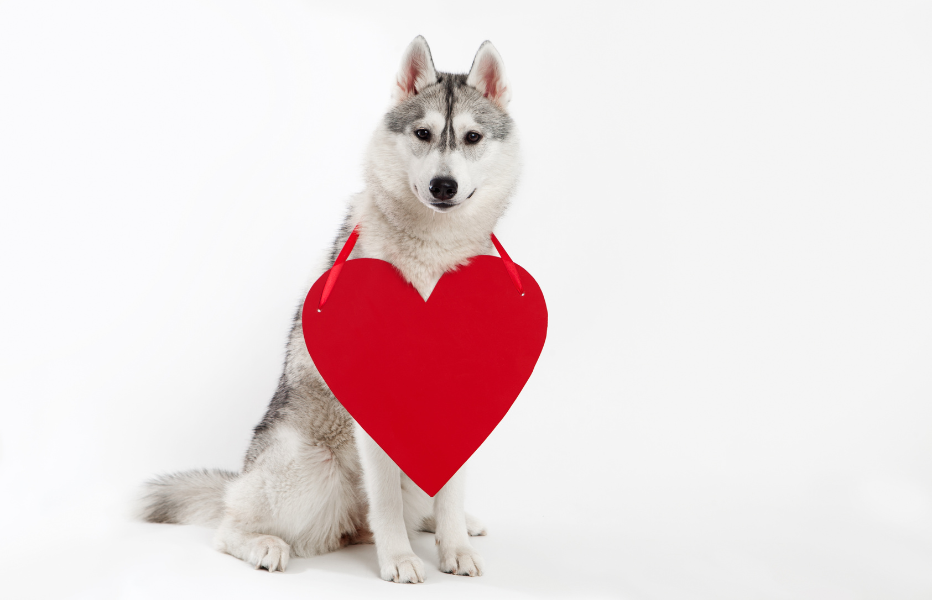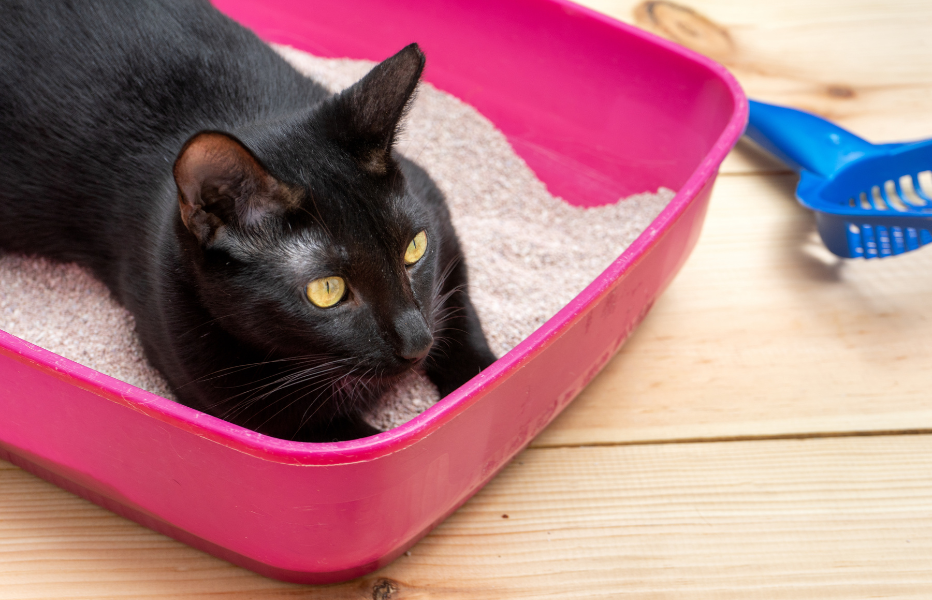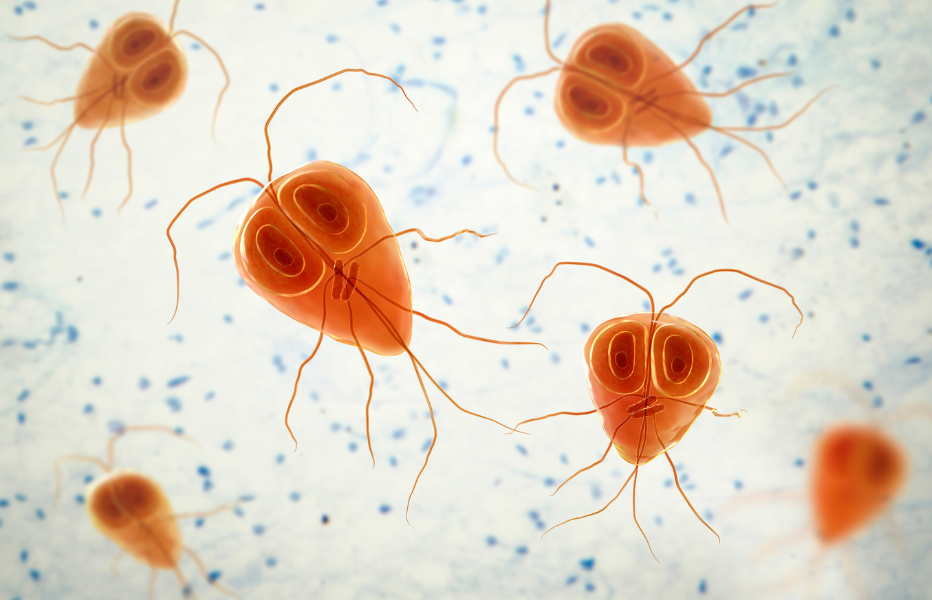The Truth Behind Some Commonly Held Nutrition Notions
Is Corn Bad? With advertisements for pet foods touting, they “never use corn,” “No corn,” and “corn is not an ingredient in our dog food,” the implication is that corn is bad in pet foods. These arguments seem to be based on three ideas—that corn is poorly digested, corn is a cheap filler, and corn…
Grass Gnat Bites
Every spring, we get a “rash” of phone calls about round, red lesions on the belly. Often times, these are “grass gnat” (also called black fly) bites. These biting insects emerge and create worrisome bite marks on dogs. The bites usually show up on the belly or groin area where there is less fur. The…
Feeding Cats in a “Natural Way”
One of the most frequent questions I get is “what should I feed my pet”. This is a very important question to ask, especially if you own a cat. Cats are so different from dogs in terms of their nutritional needs, and understanding their dietary requirements is essential to optimal feline health. If you want…
Canine Pancreatitis
The pancreas is an “L” shaped organ that lies along the stomach and first section of the small intestines (the duodenum). Its purpose is to produce digestive enzymes and hormones to control how we utilize what we eat (insulin and glucagon). There is a small duct that leads from the pancreas into the duodenum for…
Anterior Cruciate Ligament Injury in Dogs
Anterior cruciate ligament (ACL) injury is the most common orthopedic injury we see at Westgate Pet Clinic. Although rarely seen in cats, ACL injuries are often seen in dogs. The typical presenting signs are of a dog that has been active, often doing a combination of running and jumping that suddenly becomes lame on one…
Heart Murmurs in Dogs
Say you went into the clinic for a physical exam and vaccinations, and you were told your dog has a heart murmur. What does this mean? A heart murmur is an abnormal sound heard when listening to the heartbeat. Instead of the normal “lub dub” sound, you will hear a “woosh dub”. The most common…
Heart Failure in Dogs
Congestive Heart Failure (CHF) occurs when the heart is not working well enough to pump blood effectively, leading to build-up of fluid in the lungs called pulmonary edema. This in turn triggers increased breathing rate, labored breathing, and coughing, along with reduced energy and sometimes collapse due to low oxygen levels in the blood. Fluid…
Feline Inappropriate Elimination
There are a number of medical conditions that can cause cats to urinate or defecate outside of the litter box (see Dr Hershey’s article entitled “Help! My cat is urinating outside the box” on our website). It’s important to work with your veterinarian to first determine and address the underlying cause for inappropriate elimination, but…
Gastropexy for Bloat
Bloat – a more technical term is gastric dilatation-volvulus (GDV) – is a lifethreatening condition that requires immediate medical and surgical intervention. Westgate Pet Clinic offers a minimally invasive surgery called laparoscopic assisted prophylactic gastropexy (LAPG) that is highly effective in preventing GDV. First, some basics: 1) Bloat – or GDV –is caused when the…
What are Giardia?
Giardia are single-celled parasitic organisms that infect many types of animals around the world. Humans can become infected as well, but it is rare for Giardia from dogs and cats to transmit to people, and the same is true for transmission between dogs and kitties. Organisms are passed into the environment in feces and once…
What's Next
Call us or schedule an appointment online.
Meet with a doctor for an initial exam.
Put a plan together for your pet.



